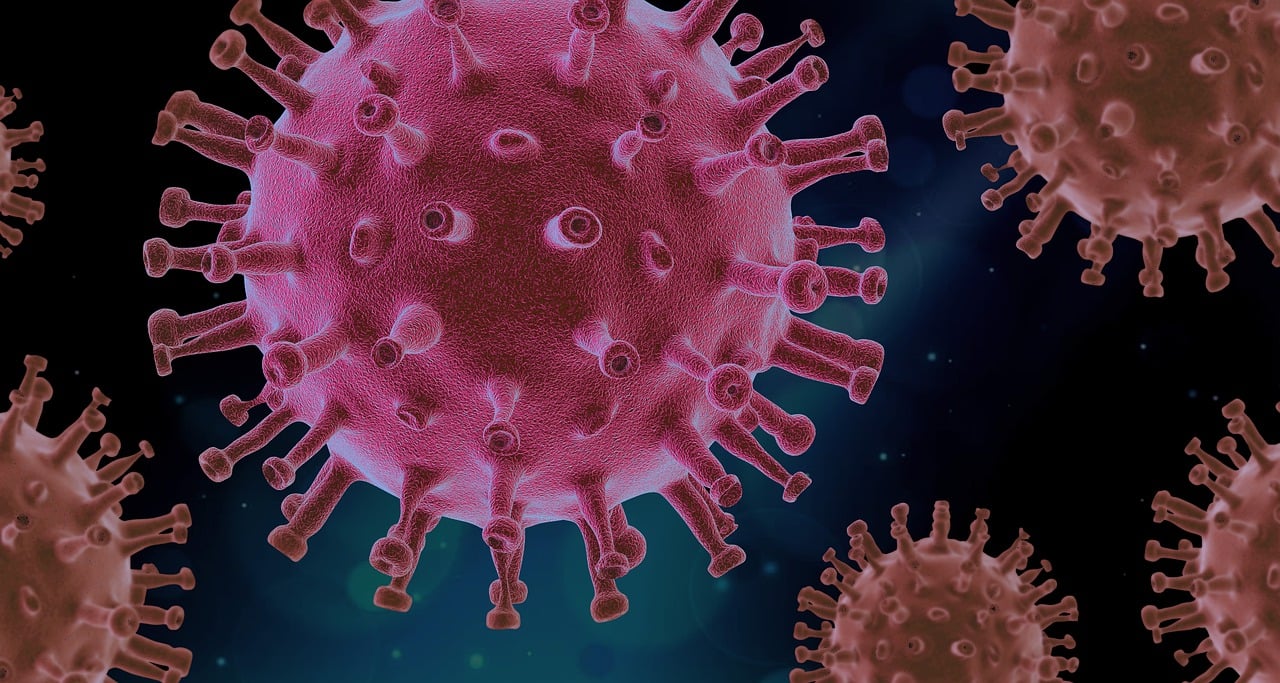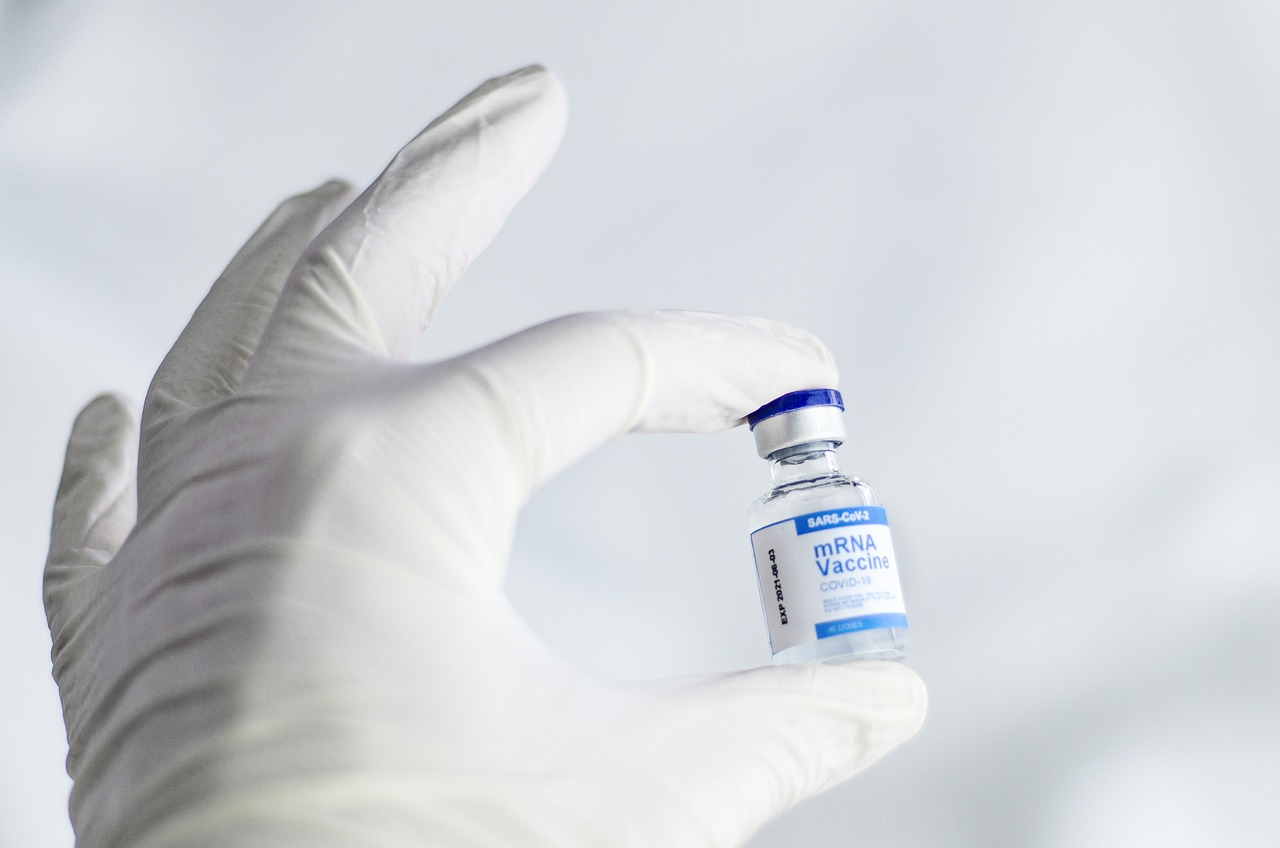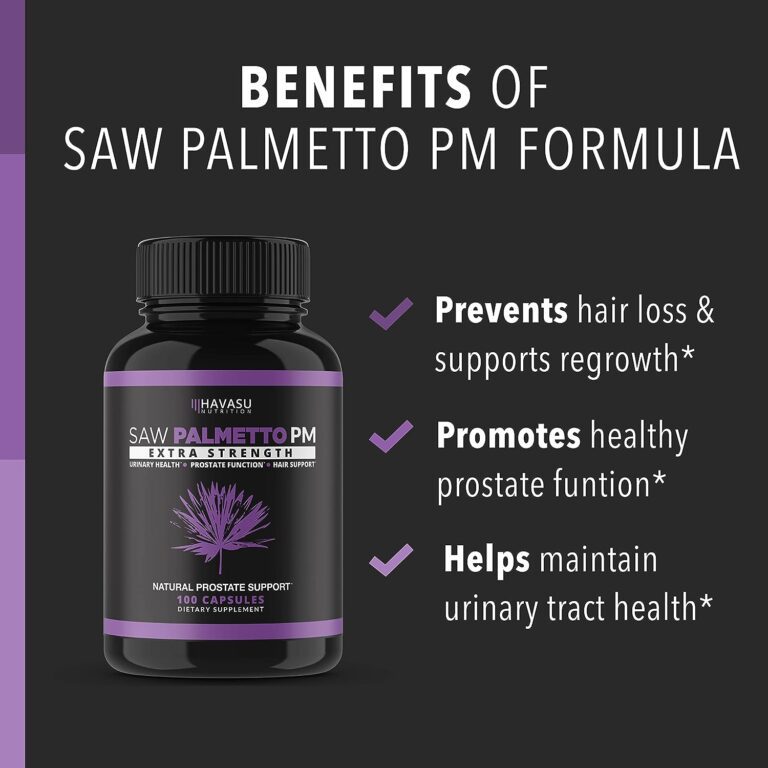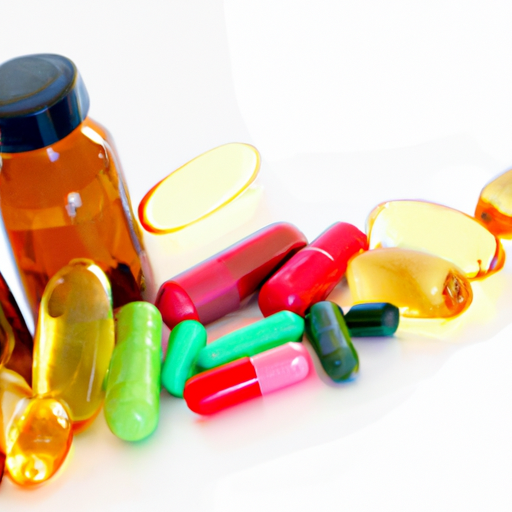Covid and Vitamin D Review
Explore the link between Vitamin D and COVID-19 in our informative review. Discover how this nutrient might affect virus severity and learn practical tips for maintaining adequate levels.
In the article “Covid and Vitamin D Review,” you’ll delve into the intriguing topic of how Vitamin D might influence the severity of Covid-19. It explores current scientific findings and examines whether maintaining sufficient levels of this essential nutrient can offer any protection or mitigation against the virus.
As you read, you’ll uncover compelling insights and data that shed light on the potential connection between Vitamin D and COVID-19, leaving you better informed about this timely health matter. Have you ever wondered if something as simple as taking a vitamin D supplement could impact your experience with COVID-19? It’s a fascinating question, isn’t it?
NB: Also, See My Best Vitamin D3 and K2 Review
Covid and Vitamin D Review
With COVID-19 dominating our lives for the past few years, it’s no surprise that people are searching for any advantage they can find to protect themselves and their loved ones. One area that has piqued a lot of interest is the potential impact of vitamin D on COVID-19. This article dives deep into how vitamin D might affect the severity of COVID-19, providing you with a detailed review of current research and guidelines.

This image is property of pixabay.com.
The Role of Vitamin D in the Body
Before we jump into the specifics of COVID-19, let’s first understand what vitamin D does in your body. Vitamin D isn’t just a regular old vitamin; it acts more like a hormone. It’s crucial for maintaining bone health, supporting your immune system, and even influencing your mood.
How Do You Get Vitamin D?
You can get vitamin D from several sources: sunlight, food, and supplements. When your skin is exposed to sunlight, it produces vitamin D. You can also find it in foods like fatty fish, egg yolks, and fortified products like milk and cereal. And if you’re not getting enough through sunlight or diet, supplements can help bridge the gap.
Vitamin D and the Immune System
One of the most fascinating roles of vitamin D is its impact on your immune system. It helps regulate both the innate and adaptive immune responses. This means it has a balancing act of promoting the body’s initial defense mechanisms and also assisting in developing a more targeted response to pathogens.
Known Health Benefits
You might already know that vitamin D promotes bone health, but it does a lot more. It supports muscle function, cardiovascular health, and may even play a role in reducing the risk of infections and chronic diseases. Given its broad impact on health, it’s no wonder researchers are interested in how it may influence COVID-19 outcomes.
The Intersection of Vitamin D and COVID-19
So, now that you know how important vitamin D is for your overall health, the next question is: Does it have any effect on COVID-19? Researchers worldwide have been exploring this very question since the pandemic began.
Observational Studies
Observational studies often serve as the first step in identifying potential relationships between variables—in this case, vitamin D levels and COVID-19 outcomes. Multiple studies have found a correlation between low vitamin D levels and higher rates of COVID-19 infection and severity.
| Study Type | Conclusion |
|---|---|
| Observational | Low vitamin D levels correlated with higher COVID-19 infection rates. |
| Cross-Sectional | Higher severity of COVID-19 symptoms linked with low vitamin D levels. |
| Case-Control | Patients with severe COVID-19 had significantly lower vitamin D levels. |
Interventional Studies
After observational data suggests a possible link, interventional studies can offer more concrete evidence by actively manipulating one of the variables. Unfortunately, fewer interventional studies exist, but the available ones suggest that vitamin D supplementation could offer some benefits.
| Study Type | Conclusion |
|---|---|
| Randomized Control | Patients receiving vitamin D had shorter hospital stays and less severe symptoms. |
| Double-Blind | Supplementation showed improvement in overall recovery rates among COVID-19 patients. |
Potential Mechanisms
Several mechanisms have been proposed for how vitamin D might reduce the severity of COVID-19. The anti-inflammatory properties of vitamin D could be crucial in mitigating the “cytokine storm,” an overreaction of the immune system seen in severe COVID-19 cases. Additionally, vitamin D’s role in maintaining endothelial integrity might help prevent the vascular complications often seen in severe patients.
Vitamin D Deficiency: A Global Perspective
Vitamin D deficiency is a global issue, affecting people of all ages and ethnicities. It’s more common than you might think, especially in regions with less sunlight.
Populations at Risk
Certain groups are more susceptible to vitamin D deficiency. These include older adults, people with darker skin, those who live in higher latitudes, and individuals with conditions that impair fat absorption (since vitamin D is fat-soluble).
| Population Group | Risk Factor |
|---|---|
| Older Adults | Reduced skin synthesis and dietary intake. |
| People with Darker Skin | Higher melanin reduces skin’s ability to produce vitamin D. |
| High Latitude Residents | Limited sunlight exposure throughout the year. |
| Individuals with Malabsorption | Conditions like Crohn’s or celiac disease affect vitamin D absorption. |
Global Health Impact
Vitamin D deficiency is linked to a range of health issues, from osteoporosis to a weakened immune system. Given its widespread prevalence, addressing vitamin D deficiency could have a significant impact on public health, including potential benefits in the context of COVID-19.
Recommended Vitamin D Intake
So, how much vitamin D do you actually need? The answer varies depending on who you ask, but most health organizations provide guidelines to help you maintain sufficient levels.
Daily Recommendations
The recommended dietary allowance (RDA) for vitamin D varies by age, sex, and life stage. Here’s a quick rundown of general guidelines:
| Age Group | Recommended Daily Intake |
|---|---|
| Infants 0-12 months | 400 IU (International Units) |
| Children 1-18 years | 600 IU |
| Adults 19-70 years | 600-800 IU |
| Adults 70+ years | 800 IU |
| Pregnant/Breastfeeding Women | 600 IU |
Safe Upper Limits
While maintaining adequate vitamin D levels is crucial, more isn’t always better. Vitamin D toxicity can lead to hypercalcemia, a condition where there’s too much calcium in your blood, possibly causing nausea, weakness, and kidney problems.
| Age Group | Upper Limit (UL) per Day |
|---|---|
| Infants 0-12 months | 1,000-1,500 IU |
| Children 1-18 years | 2,500-3,000 IU |
| Adults | 4,000 IU |

This image is property of pixabay.com.
Practical Tips for Maintaining Adequate Vitamin D Levels
Let’s talk practicality. How can you ensure you’re getting enough vitamin D?
Sunlight Exposure
Sunlight is one of the best sources of vitamin D. Aim to get about 15-30 minutes of sunlight exposure on your face, arms, and legs at least twice a week. This can vary based on your skin type, location, and the time of year.
Dietary Sources
Incorporate vitamin D-rich foods into your diet. Think fatty fish like salmon, mackerel, and sardines. Egg yolks and liver are good options, too. Don’t forget fortified foods such as milk, orange juice, and cereals.
Supplements
Sometimes, sunlight and diet aren’t enough, especially during the winter months or for people at higher risk of deficiency. Supplements can be a reliable way to ensure you’re getting enough vitamin D. It’s always a good idea to consult your healthcare provider before starting any new supplement regimen.
Controversies and Considerations
No scientific discussion is complete without acknowledging the controversies and limitations surrounding the topic.
Conflicting Study Results
While many studies suggest a beneficial link between vitamin D and COVID-19 outcomes, some research doesn’t show a significant impact. Confounding variables and differences in study design can contribute to these mixed results.
Over-Supplementation Risks
More isn’t always better—taking too much vitamin D can lead to toxicity. Always adhere to recommended dosages unless directed otherwise by a healthcare professional.
Individual Variability
People respond differently to vitamin D based on various factors like genetics, baseline nutrient levels, and overall health. What works for one person might not work for another, making personalized healthcare essential.

This image is property of pixabay.com.
Expert Opinions and Guidelines
Given the mixed results from various studies, professional organizations and experts have weighed in on the role of vitamin D in COVID-19.
World Health Organization (WHO)
The WHO hasn’t specifically recommended vitamin D supplements for COVID-19 prevention or treatment. They emphasize balanced nutrition and maintaining general health to support the immune system.
Centers for Disease Control and Prevention (CDC)
The CDC also does not make specific recommendations for vitamin D in the context of COVID-19, but they do confirm the importance of maintaining adequate levels for overall health.
National Institutes of Health (NIH)
The NIH provides detailed guidelines on vitamin D, pointing out the need for more research before making any conclusive recommendations regarding COVID-19. They agree, however, that maintaining sufficient vitamin D levels is generally beneficial.
Future Research Directions
Given the current state of research, several areas still need exploration.
Longitudinal Studies
Long-term studies could provide more insight into how sustained vitamin D levels impact COVID-19 outcomes. Observing populations over time can help clarify causality rather than just correlation.
Diverse Populations
More research is needed across different demographics to understand how age, race, gender, and underlying health conditions influence the relationship between vitamin D and COVID-19.
Optimal Dosage
One of the most critical areas for future research is determining the optimal dosage of vitamin D for various populations, especially in the context of COVID-19.
Your Takeaway
So, what’s the bottom line for you? Here are the key takeaways:
- Balancing Act: Maintaining adequate levels of vitamin D is essential for overall health, including immune function.
- Stay Informed: While early research is promising, more studies are needed to definitively determine the impact of vitamin D on COVID-19.
- Consult Healthcare Providers: Before starting any new supplement regimen, it’s a good idea to consult with your healthcare provider to tailor advice to your specific needs.
So go on, take a walk in the sunlight, enjoy some vitamin D-rich foods, and talk to your healthcare provider if you think supplements might be right for you. Your body—and possibly your immune system—will thank you.





